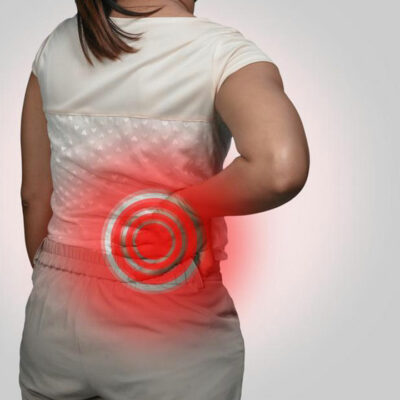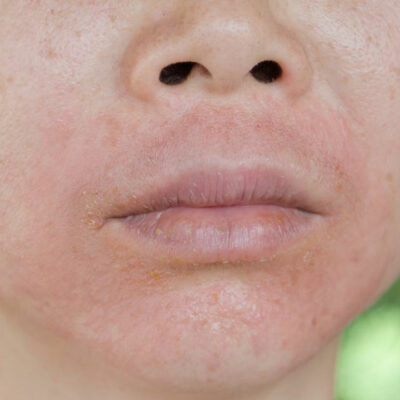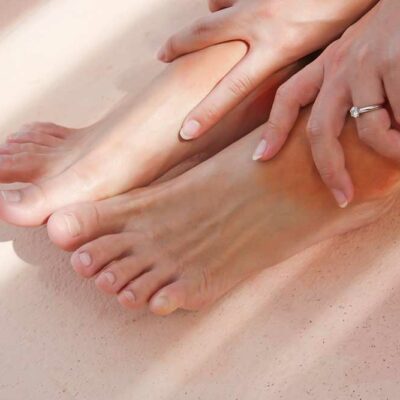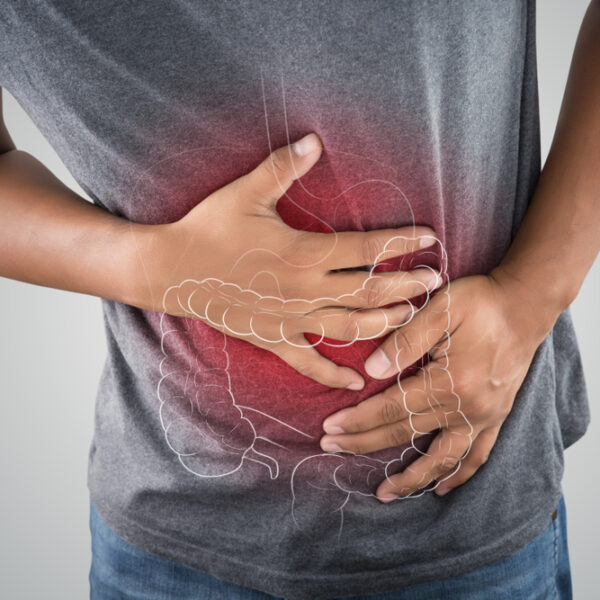
Treatments For Plaque Psoriasis
Plaque psoriasis is a non-contagious, autoimmune condition of the skin. It causes inflammatory responses that affect the life cycle of skin, thus influencing the dysfunction of the immune system and causing systemic inflammation. Although the exact cause of plaque psoriasis is still not ascertained, this condition is primarily be attributed to genetic inheritance interplay with environmental factors.
Read More 









